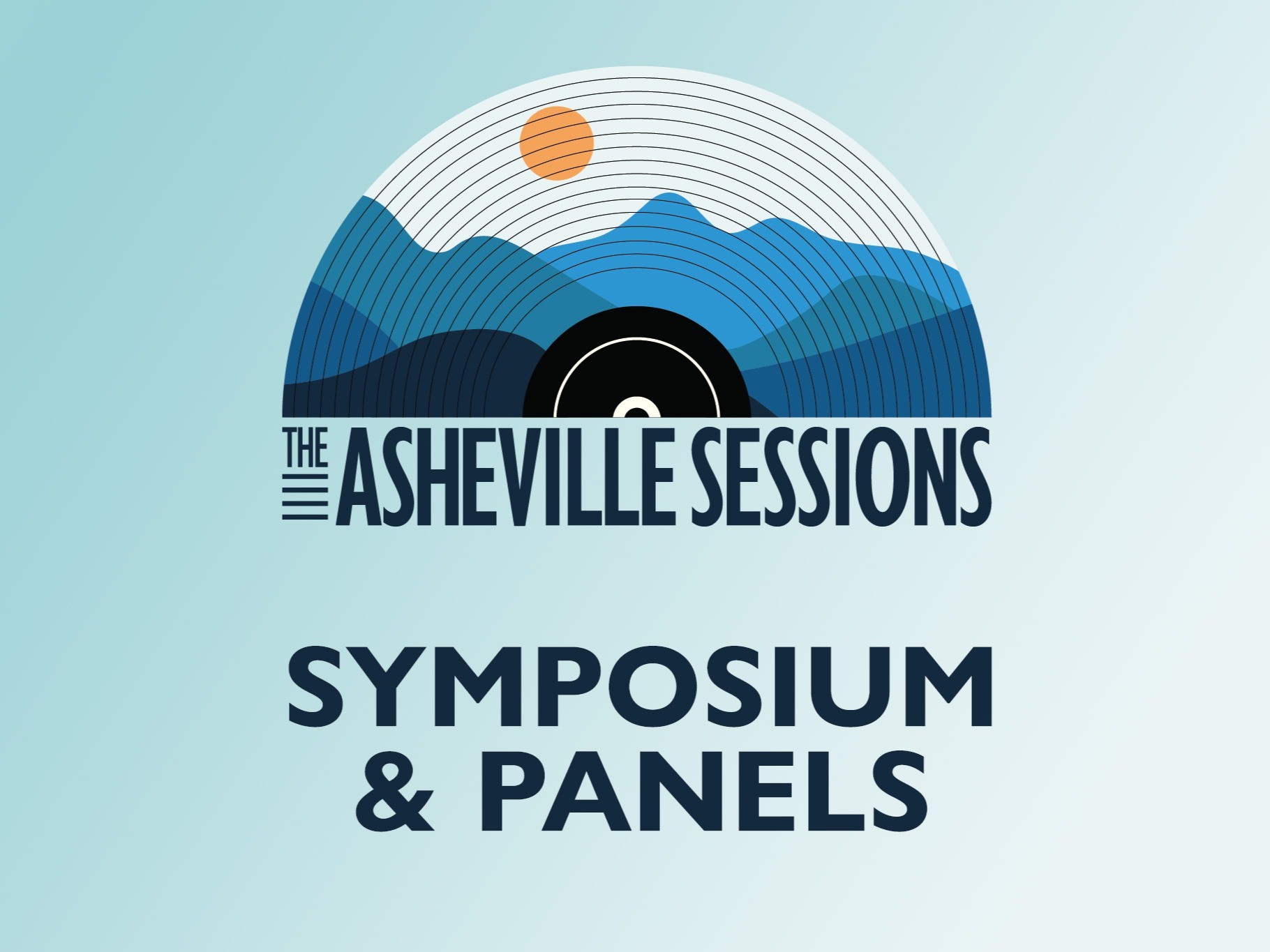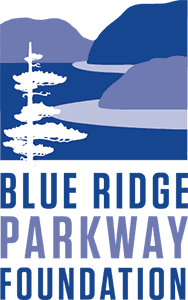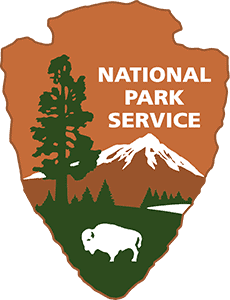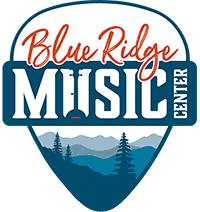
Asheville Sessions – Panel Discussions on Music and Resiliency, Influence and Legacy
Asheville Sessions – Panel Discussions on Music and Resiliency, Influence and Legacy
Saturday November 8, 10:30 a.m.-5:00 p.m.
Free to the public with seating on a first-come, first-served basis
The Venue
21 N Market St, Asheville, NC 28801
Dive deep into the history and legacy of Asheville’s landmark 1925 recording sessions with a day of free panels and discussions featuring a look at Asheville in 1925 and the art of remastering acoustic recordings, insights into the lasting significance of the 1925 Okeh recording sessions, and a special gathering of descendants of the musicians who recorded in the 1925 sessions.
Join us for panel discussions about the the contribution of music in resiliency and identity, influence for the Eastern Band of Cherokee Indians on music and dance in the region, and the continuing legacy of live performance in western North Carolina.
10:30-12:00 Using Music to Recover From Natural Disasters
Turning to song in order to process, and heal from, a natural disaster is a deep-rooted tradition within the Southern Appalachians. Participants in this workshop include Trevor McKenzie and Steve Kruger, who draw upon community histories, folklore studies, and their own excellent musicianship to examine and demonstrate the role of folksong in communities that have experienced trauma from sudden, unanticipated, and seemingly random destruction. Filmmaker and musician Aaron Stone, musician and talent booker Clay White, and musician, Madison County Arts Council director Brandon Johnson will discuss how musicians from Western North Carolina came together to record in the Old Marshall Jail in the aftermath of Hurricane Helene, a project now known as The Resonance Sessions.
1:30-3:00 Influence of the Eastern Band of Cherokee Indians on Music and Dance of WNC
Members of the Eastern Band of Cherokee Indians can claim a long tradition of fiddle and banjo music, and their influence on the development of clogging and team square dancing in western North Carolina also runs deep. Carmeleta Monteith, honored as a Beloved Woman by the Eastern Band, will share her memories of growing up in a family that provided stringband music for dances and social gatherings within the community. Sequoyah Distinguished Professor Brett Riggs of Western Carolina University will explore the influence of the Cherokee Fall Fair, which originated ten years prior to the Asheville recording session. Phil Jamison, author of Hoedowns, Reels, and Frolics: Roots and Branches of Southern Appalachian Dance, will screen documentary footage that demonstrates how mountain dance has been shaped by the Cherokee.
3:30-5:00: A Continuing Legacy of Live Performance in Asheville and Western North Carolina
The OKeh recording sessions of 1925 focused the attention of Asheville residents on traditional music of western North Carolina and helped establish the music’s value to the city. In the ensuing century, new businesses, programs, and institutions emerged to present and sustain traditional, Country, Roots, and Americana music. Gar Ragland, owner of Citizen Vinyl in Asheville, looks at the legacy of WWNC, which began transmitting just two years after OKeh Records visited the city. Loretta Freeman, an outstanding clog and flatfoot dancer, and fiddler Rhiannon Ramsey describe how Asheville’s Mountain Dance and Folk Festival has itself become a tradition. Angie Chandler, director of the Blue Ridge National Heritage Area, will relate how traditional music helped Western North Carolina achieve federal designation. Brett Morris, Executive Director of Junior Appalachian Musicians (JAM), will address the importance of teaching traditional music to young people in Appalachia.
.













